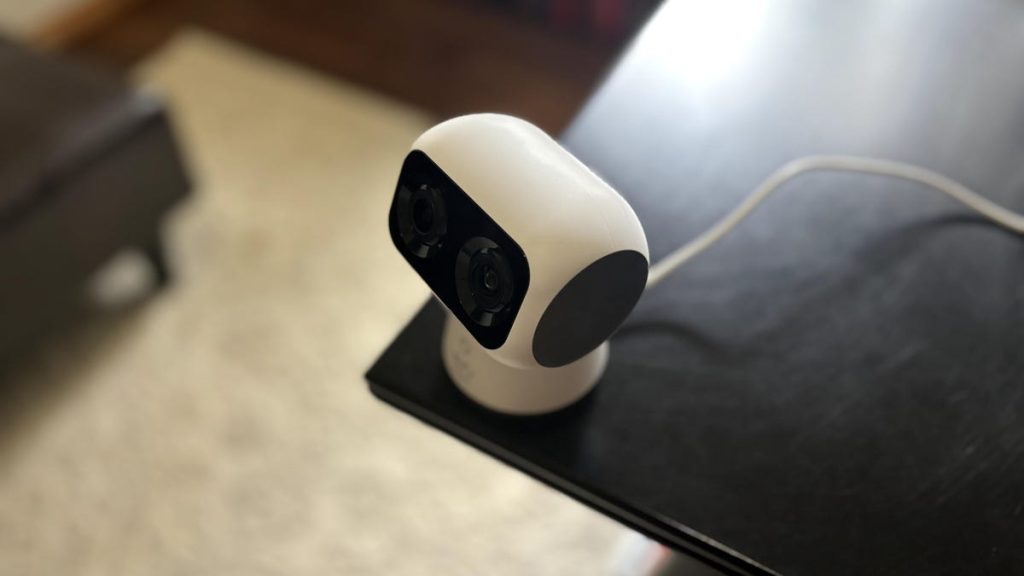When choosing an indoor security camera, it is important to consider the field of view that best suits your space. Most high-quality indoor cameras offer a 130-degree field of view, which is sufficient for capturing a room when placed in a corner or against a wall. For greater coverage or to capture multiple angles from a central location, a PTZ camera may be more suitable. Additionally, affordability is a key factor to consider, with many smart indoor cameras priced below $30 from reputable brands. It is generally recommended not to pay over $100 for an indoor camera unless it offers additional features.
Night vision is essential for indoor security cameras, especially when capturing footage in low-light or dark conditions. Look for cameras with multiple infrared LEDs for enhanced night vision capabilities. Motion detection is another important feature to consider, as it helps save on video storage and battery life by activating the camera only when motion is detected. Smart alerts that can differentiate between humans, pets, and other situations can also be beneficial for remote monitoring.
Smart home compatibility is crucial for integration with voice assistants like Google Home, Alexa, and Apple Home. Some indoor cameras are compatible with these platforms, while others may work with existing home security systems from brands like Abode, ADT, or Frontpoint. Extra features such as two-way audio, intelligent tracking, zoom options, and built-in sirens can enhance the functionality of an indoor camera. However, these features may not be necessary for all users.
Video storage options vary, with cloud storage offering automatic backups to a cloud service for a monthly fee. Local storage options include uploading videos to a hub or microSD card, which may require additional management when storage is full. Privacy and security are paramount considerations when choosing an indoor security camera, as data breaches and vulnerabilities can compromise personal information. It is important to choose brands with strong privacy records and proactive security measures to ensure the safety of your data.
Overall, when selecting an indoor security camera, consider factors such as field of view, affordability, night vision, motion detection, smart home compatibility, extra features, video storage options, and privacy and security measures. By evaluating these aspects, you can choose a camera that meets your specific needs and provides peace of mind for home monitoring and security.


